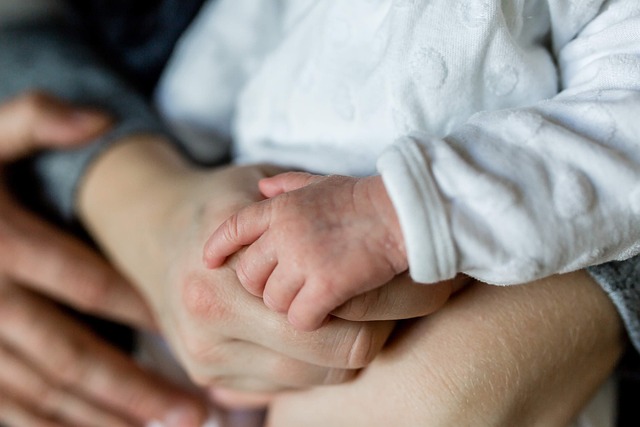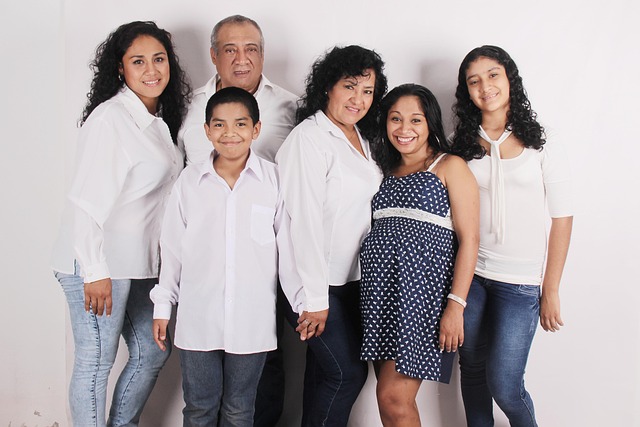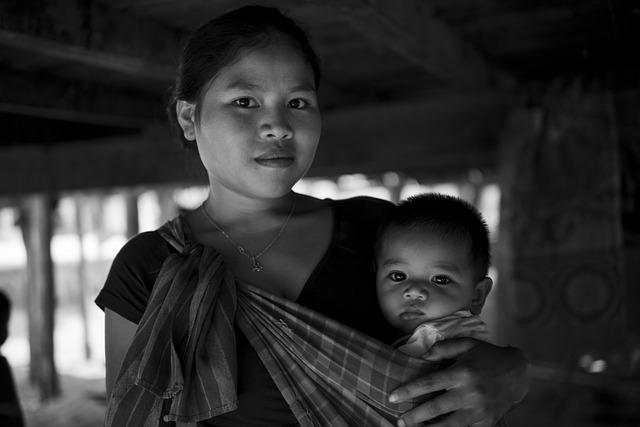Child welfare legal services in Oregon, led by Multnomah County Child Advocacy, prioritize the safety and well-being of children while preserving familial integrity. They navigate complex DHS child welfare cases, focusing on parental rights protection and the best interests of the child under Oregon family law. Services include investigations, custody arrangements, and foster care support, providing guidance to resolve legal and emotional challenges. Multnomah County's holistic approach leverages technology and community collaborations to enhance child welfare legal services and safeguard parental rights, setting a global benchmark for other jurisdictions.
“Unveiling the intricate world of child welfare policy and law, this article offers a comprehensive guide for legal professionals and advocates. We explore crucial aspects, from understanding the fundamentals of Child Welfare Legal Services to delving into complex cases handled by DHS.
Key topics include parental rights protection, Multnomah County’s innovative advocacy strategies, and Oregon’s unique blend of family law and child protective services.
Gaining insights into these areas is essential for navigating the legal landscape dedicated to safeguarding children.”
- Understanding Child Welfare Legal Services: An Overview
- Parental Rights Protection: Balancing Safety and Family Integrity
- Navigating DHS Child Welfare Cases: Procedures and Rights
- Multnomah County Child Advocacy: Innovations in Protecting Children
- Oregon Family Law and Child Protective Services: A Comprehensive Look
Understanding Child Welfare Legal Services: An Overview

Child welfare legal services play a pivotal role in safeguarding the well-being and rights of children and families. In Oregon, these services are primarily provided by Multnomah County Child Advocacy, working closely with the Department of Human Services (DHS) to handle child protective services law cases. The primary focus is on ensuring parental rights protection while promoting the best interests of the child.
These legal services encompass a range of issues under Oregon family law, including investigations into allegations of abuse or neglect, court proceedings for temporary and permanent custody arrangements, and support during foster care placements. The goal is to navigate the complex landscape of DHS child welfare cases, providing guidance and advocacy for all parties involved, from parents to children, as they work towards resolving legal and emotional challenges.
Parental Rights Protection: Balancing Safety and Family Integrity

In the realm of child welfare legal services, balancing the safety and well-being of children with preserving familial integrity is a delicate task. Parental rights protection is a cornerstone of Oregon family law, ensuring parents are treated fairly during DHS child welfare cases, including those handled by Multnomah County Child Advocacy. This involves providing legal representation to parents, educating them about their rights and responsibilities, and challenging any unfounded allegations that could lead to unnecessary separations.
The goal is to uphold the principles of child protective services law while also recognizing that families are often best equipped to care for their children. In many cases, providing support and resources to strengthen family ties can be more beneficial than removing a child from their home. Legal professionals play a crucial role in advocating for this balance, ensuring that both the child’s safety and the family’s integrity are protected under Oregon law.
Navigating DHS Child Welfare Cases: Procedures and Rights

Navigating DHS Child Welfare Cases involves a complex interplay of procedures and rights designed to protect both children and their families. In Oregon, including Multnomah County, the Department of Human Services (DHS) is tasked with providing child welfare legal services, ensuring that all parties involved are informed about their rights under the child protective services law. This process begins with an initial report, where professionals assess potential risks to a child’s safety and well-being. If necessary, DHS may take temporary custody, known as removal, while investigating further.
Throughout these proceedings, parental rights protection is paramount. Oregon family law grants parents legal standing to participate in case planning, access their children, and challenge any removal or placement decisions. Multnomah County child advocacy groups actively support families by providing resources and guidance on navigating the system, ensuring that all voices are heard and that due process is followed. This collaborative approach aims to foster a safe and stable environment for children while upholding the rights of those who love them.
Multnomah County Child Advocacy: Innovations in Protecting Children

Multnomah County Child Advocacy represents a pioneering effort in Oregon to enhance child welfare legal services and protect parental rights. This innovative approach prioritizes a holistic view of each case, ensuring that children receive comprehensive support while maintaining strong family connections whenever possible. By integrating advanced technologies and data-driven strategies, Multnomah County improves efficiency in processing DHS child welfare cases, enabling faster responses to critical situations.
The county’s commitment to Multnomah County child advocacy goes beyond legal procedures, fostering collaborations among various agencies, non-profits, and community leaders under the umbrella of Oregon family law. This network ensures that every child involved in protective services receives not just legal representation but also access to resources for emotional healing, education, and a brighter future. Such innovations are transforming the way child welfare cases are handled, setting a standard for other jurisdictions to follow.
Oregon Family Law and Child Protective Services: A Comprehensive Look

In Oregon, the intersection of Oregon Family Law and Child Protective Services forms a robust framework aimed at ensuring the well-being and safety of children while safeguarding parental rights. The state’s legal system recognizes the delicate balance between protecting vulnerable youth and preserving family connections. When a child is alleged to be in danger or neglect, Child Protective Services (CPS), typically operated by the Department of Human Services (DHS), intervenes. This intervention involves comprehensive assessments, case management, and tailored services designed to address the needs of both the child and family.
Multnomah County, known for its robust child advocacy efforts, exemplifies this approach. Here, CPS not only investigates reports of abuse or neglect but also collaborates with various community agencies to provide resources and support for families at risk. Oregon Family Law further outlines procedures for temporary and permanent custody arrangements, adoption, and other legal avenues that may arise in DHS child welfare cases. This comprehensive system ensures a protective environment while promoting the stability and rights of families involved in the child welfare process.






